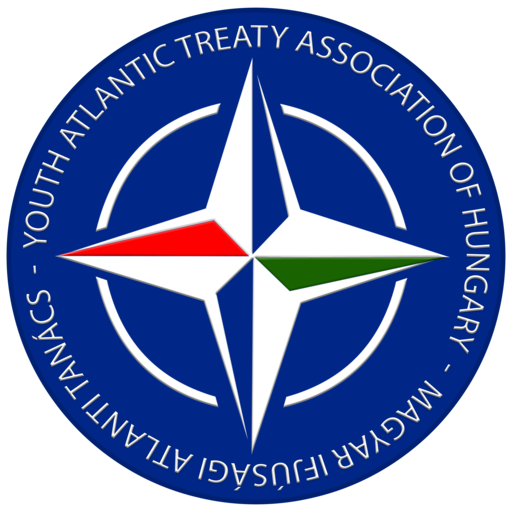NATO’s Annual Report for 2020 devotes a separate chapter to Alliance missions in the Eastern flank and the fight against terrorism, highlighting areas of operation in Afghanistan, Iraq and Kosovo.
Afghanistan
The non-combat Resolute Support Mission (RSM) began in Afghanistan on 1 January 2015, replacing the International Security Assistance Force (ISAF) military mission. Its core objectives are to train, advise and assist Afghan security forces and institutions. Since last year, the COVID-19 epidemic has limited physical interactions with Afghan partners, but the mission has been able to adapt to the circumstances and continue to perform its core tasks. In addition, the Women, Peace and Security initiative was further promoted through training and education activities.
On 14 April 2021, NATO, recognising that there is no military solution to the challenges Afghanistan faces, decided to begin withdrawing RSM forces from the country by 1 May 2021. The drawdown will be carried out in an orderly and coordinated manner in line with the withdrawal of American forces, and any Taliban attacks on Allied troops in the process will met with a forceful response. The conclusion of the RSM is part of the support for political progress towards peace in Afghanistan and does not mean the severance of relations with Afghanistan. In addition to the training, advisory and assistance mission, the Allies and Partner countries remain committed to supporting the wider international community to sustain the financial security of the Afghan security forces until 2024.
Iraq
NATO’s non-combat advisory, training and capacity-building mission in Iraq has been running since October 2018 at the request of the Iraqi government to train soldiers serving in the country’s security forces, and to prevent the return of the Islamic State terrorist organisation. The operation contributes to the fight against terrorism. The Allies are advising Iraqi military educational institutions and helping Iraq build a sustainable training capability through a train-the-trainers approach. NATO Mission Iraq also advises the Iraqi Ministry of Defence, the Office of the National Security Advisor and other relevant national security institutions on building more sustainable, transparent, inclusive and effective security institutions and structures, as well as providing instructs on the rule of law, the law of armed conflict, countering corruption, the protection of civilians and children, and Women, Peace and Security agenda.
In 2020, the mission focused primarily on senior-level advising, training, and capacity-building, as well as support for professional military education institutions. Due to growing security threats and the COVID-19 epidemic, the mission had to temporarily suspend some training activities and redeploy some of its personnel outside Iraq, but remained operational throughout the year.
Kosovo
NATO’s presence in Kosovo remains crucial for the stability of the Western Balkans region. Since 1999, the NATO-led Kosovo Force (KFOR) mission has been helping to maintain security in the country. In close cooperation with the UN, the EU, and other international actors, KFOR supports the establishment of a stable, democratic, multi-ethnic, and peaceful Kosovo, as well as assisting Kosovo’s institutions and the EU’s rule of law mission. In 2020, around 3,500 troops, from 27 NATO Allies and Partner countries served in KFOR.
In addition to KFOR, NATO also provides capacity-building support to security institutions. In 2020, assistance was provided in logistics, procurement, budget implementation, human resource management, unit preparedness and strategic communication.
